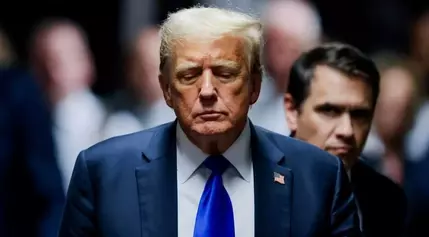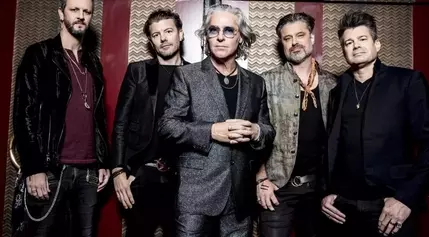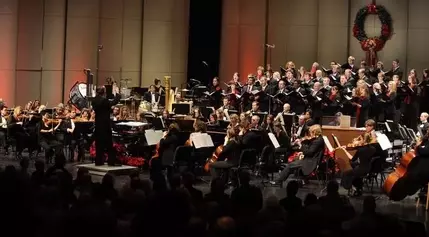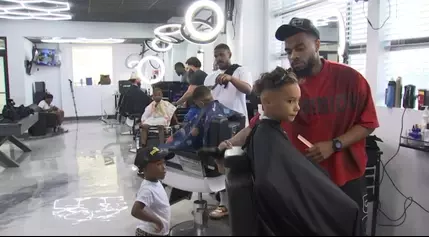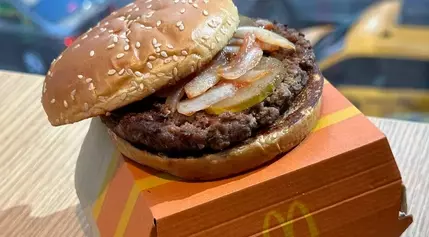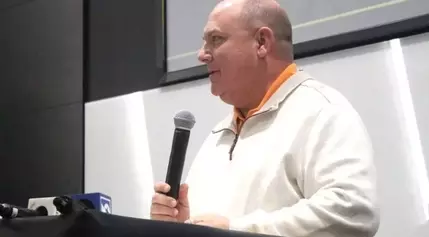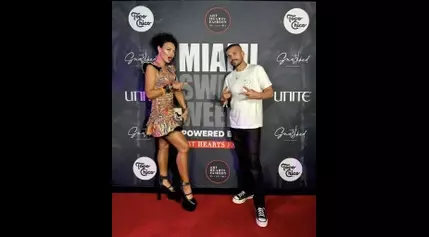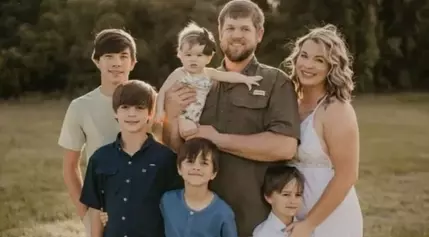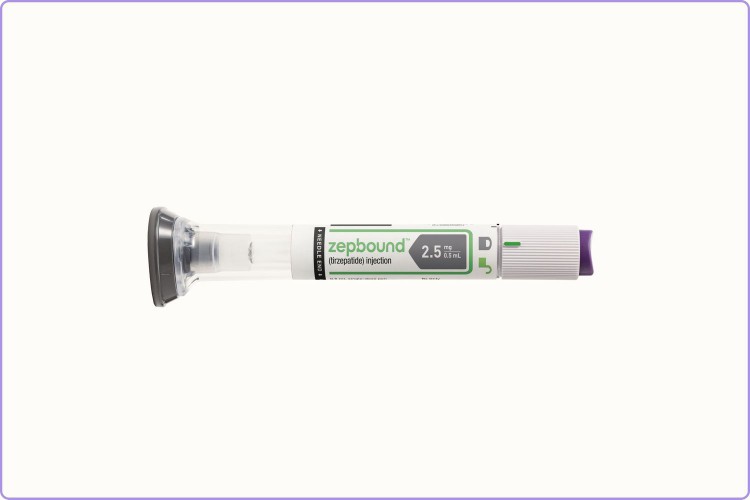President-elect Donald Trump's attempt to halt his sentencing in the hush money case has been denied by New York’s highest court, setting the stage for a scheduled sentencing on January 10. The Court of Appeals rejected Trump's request to pause the proceedings, maintaining that the sentence will proceed unless the Supreme Court intervenes. Despite this development, it is anticipated that Trump will face minimal penalties, with no prison time likely due to his impending presidency.
The Legal Battle and Upcoming Sentencing
The legal saga surrounding the former president has seen multiple judicial rejections of his attempts to delay or nullify the sentencing. Judge Juan Merchan, who issued the initial order, declined to dismiss the guilty verdict against Trump and set the sentencing for January 10 at 9:30 a.m. EST. Both Merchan and a New York appeals judge had previously refused to halt the process, leading Trump to appeal to the state's highest court, which also turned him down. Now, all eyes are on the Supreme Court, where Trump has filed an urgent request to pause the sentencing.
Trump's conviction stems from falsifying business records related to payments made to adult film actress Stormy Daniels before the 2016 election. He faces 34 felony counts, each carrying potential penalties of up to four years in prison and fines. However, Merchan has indicated his inclination not to impose any incarceration, citing practical concerns given Trump's upcoming presidency. Instead, the judge is considering an unconditional discharge, which would still convict Trump but impose no penalties. This decision aligns with prosecutors' admissions that imprisoning Trump would be impractical.
Potential Outcomes and Implications
The possible outcomes of Trump's sentencing range from an unconditional discharge to financial penalties. If Merchan opts for the former, Trump will remain convicted but face no immediate consequences. Should the judge choose otherwise, Trump could still face substantial fines without serving prison time. Probation is unlikely due to logistical challenges posed by his presidential role. The final ruling will determine the extent of these penalties, though the overall consensus leans toward leniency.
As a convicted felon, Trump will face certain restrictions, such as being barred from jury duty and firearm ownership. International travel may also be impacted, as several countries restrict entry for convicted felons. However, many of these limitations are unlikely to significantly affect Trump's presidency. Additionally, the possibility of appealing the verdict remains open post-sentencing. Importantly, Trump cannot pardon himself for state-level charges, limiting his options for legal relief. The broader implications of this case underscore the complex interplay between criminal justice and political office, particularly for a sitting president-elect.
